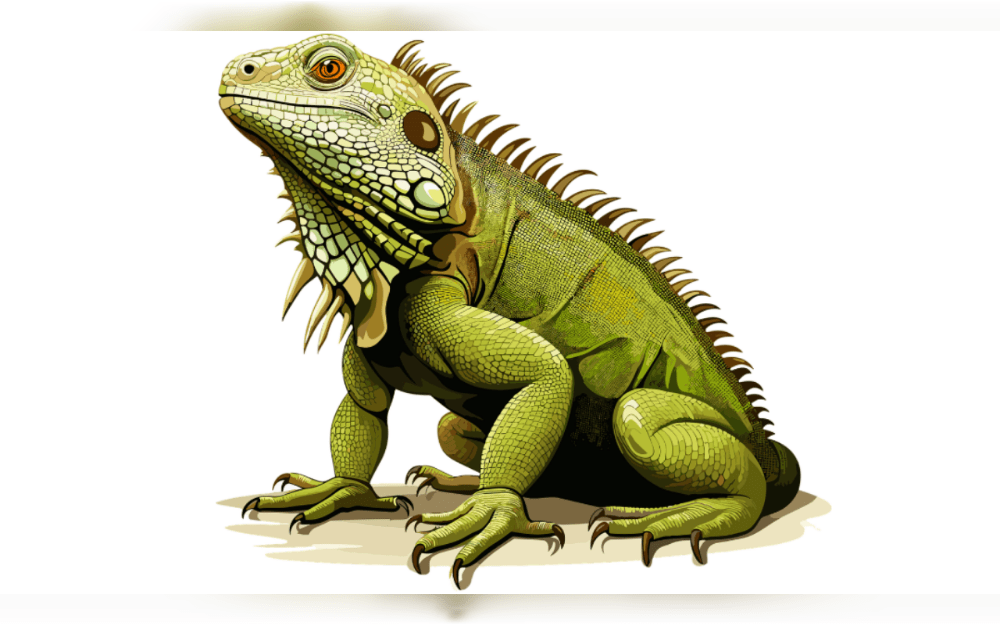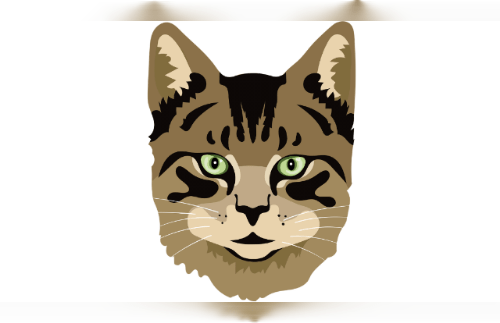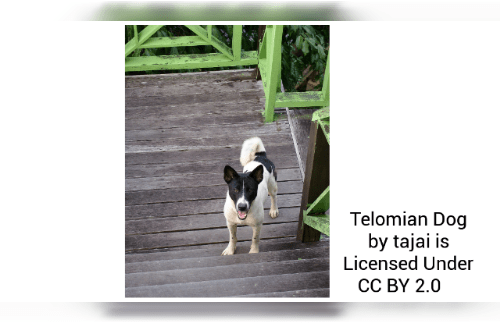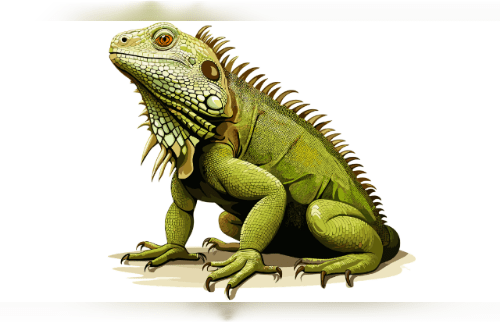
The dietary, medical, and habitat needs of exotic pets are very different from those of conventional pets. For exotic animals to be healthy both physically and mentally, proper diet, suitable surroundings, and enrichment activities are crucial.A wide variety of animals are considered exotic pets, such as guinea pigs, hamsters, gerbils, snakes, lizards, birds, frogs, potbellied pigs,hedgehogs, ferrets.
Maintaining the general health of exotic pets and identifying any health problems early on depend on routine veterinarian checkups with a specialist.Exotic pet owners must replicate the ecosystem in captivity to ensure the creatures’ wellbeing. In addition to the proper substrates and enrichment substances, this may entail supplying the ideal humidity, temperature, and lighting.
To help exotic pets flourish, owners should imitate their natural environments.Exotic pet owners should be cautious of factors including adequate lighting, temperature control, humidity levels, and a spacious housing.To keep your pets healthy and active, it’s critical to make sure they eat the right foods.















